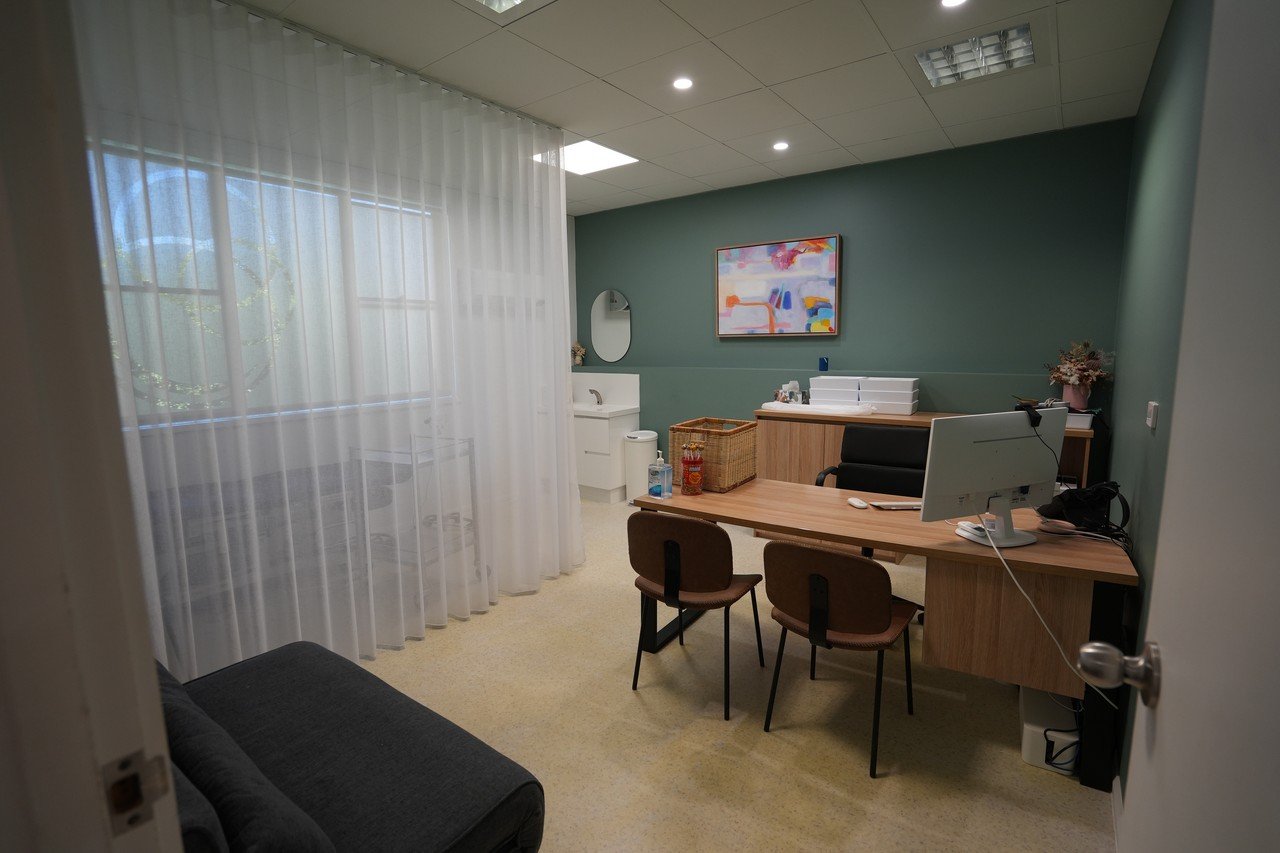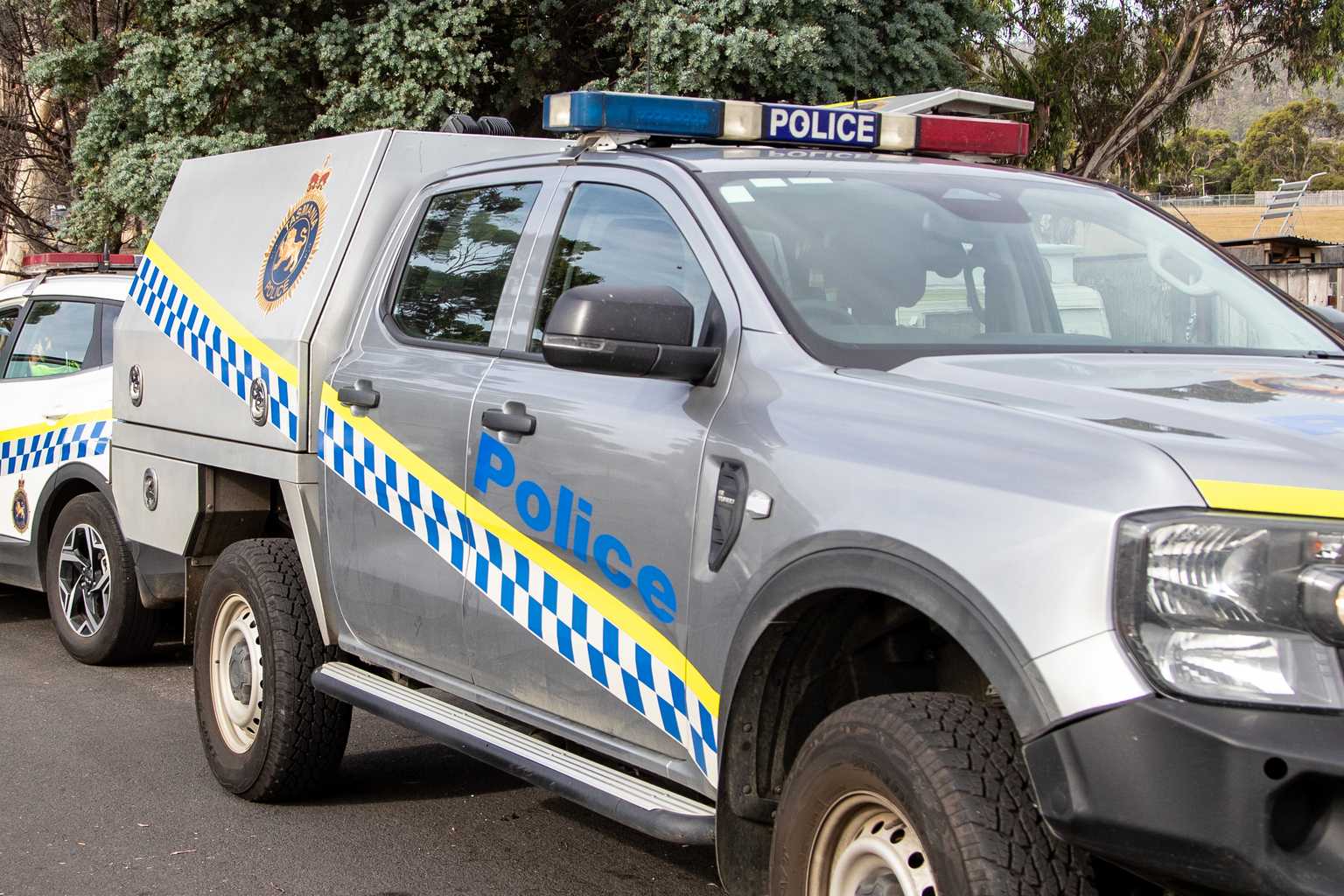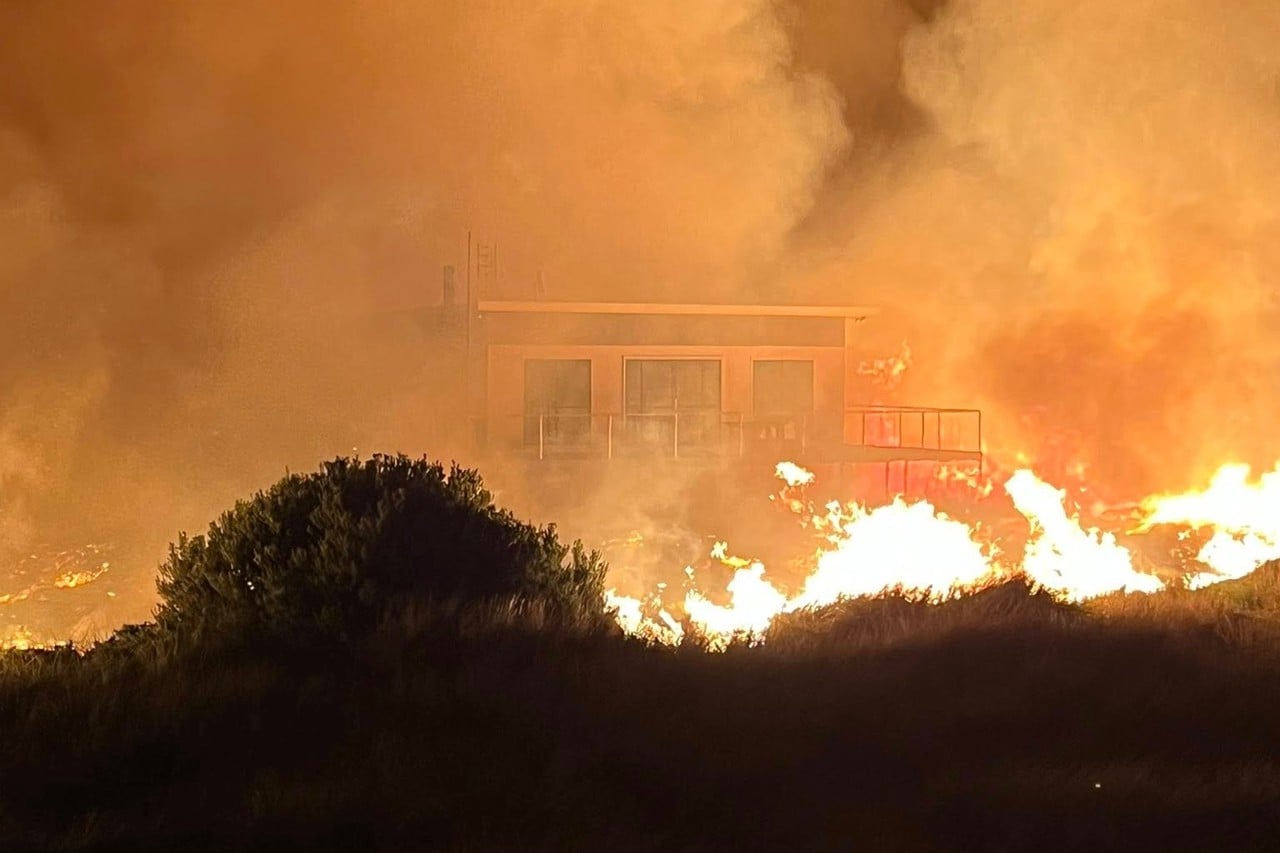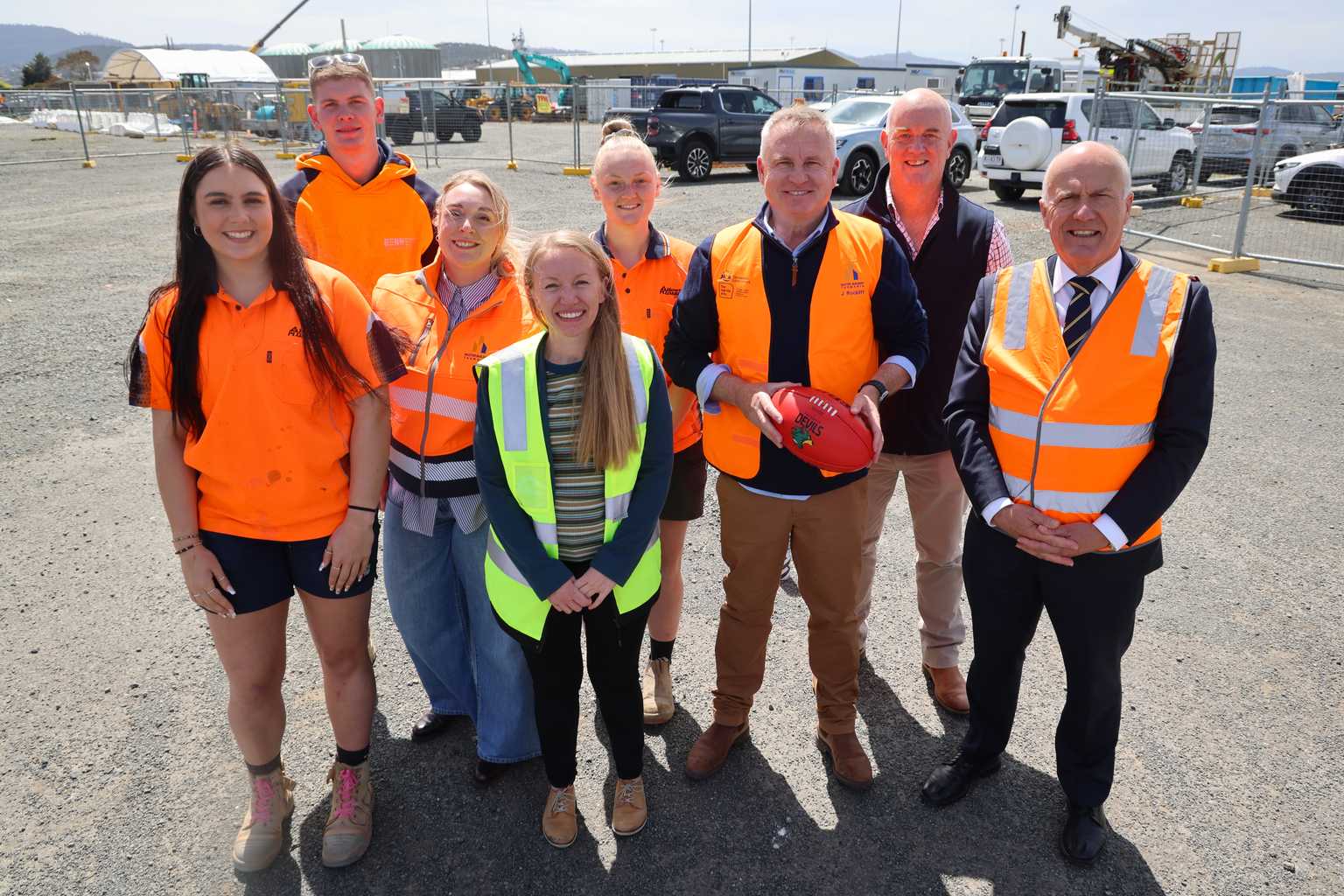Tasmania’s health minister has announced $3.8 million in funding for a Launceston women’s health clinic, while warning the state faces growing pressure from a looming $673 million federal funding shortfall.
Bridget Archer said the money, to be delivered in next week’s interim budget, would allow The Bubble clinic to move into larger premises and expand its services for Tasmanian women.
“We are delivering on the commitment that we made during the election to expand the services of the Bubble,” Archer said on Sunday.
The clinic’s medical director Dr Natasha Vavrek said the expansion couldn’t come soon enough.
“We have the doctors, we have the services, but we don’t have the space,” she said.

The clinic currently operates out of four rooms, with its practice manager working from a tea room.
Wait times for GP appointments are stretching to three months, while pelvic floor physiotherapists and gynaecologists are booked out until March and April.
Dr Vavrek said the expansion would allow The Bubble to become a one-stop shop for women’s health.
“They’ll be able to access these services under one roof,” she said.
“They can access everything that they need for their pregnancy and for their postpartum and beyond.”

But she used the announcement to call out broader issues with Medicare funding – particularly for antenatal care, which was left out of recent bulk-billing incentives.
“The current Medicare rebate for antenatal visits is already under par and not at par with other item numbers,” Dr Vavrek said.
“We really need to see more of a commitment in terms of providing increased rebates for these patients.”
When asked about wider health system pressures – including ambulance ramping, increased reliance on locums and last year’s budget shortfall – Archer pointed to federal responsibility.

“If we are looking down the barrel of a $673 million shortfall in federal funding over the next five years, that does make it very difficult,” she said.
“At the same time as the federal government is asking Tasmania and asking all of the states to reduce their health demand, but they are not providing us with the resources that we need or the tools that we need to reduce the demand in the first place.”
“So there is a lot more negotiation to be done. And to be clear, this is an issue that all states are extremely exercised about. This is not a political issue.”
The interim budget will be handed down next week.







